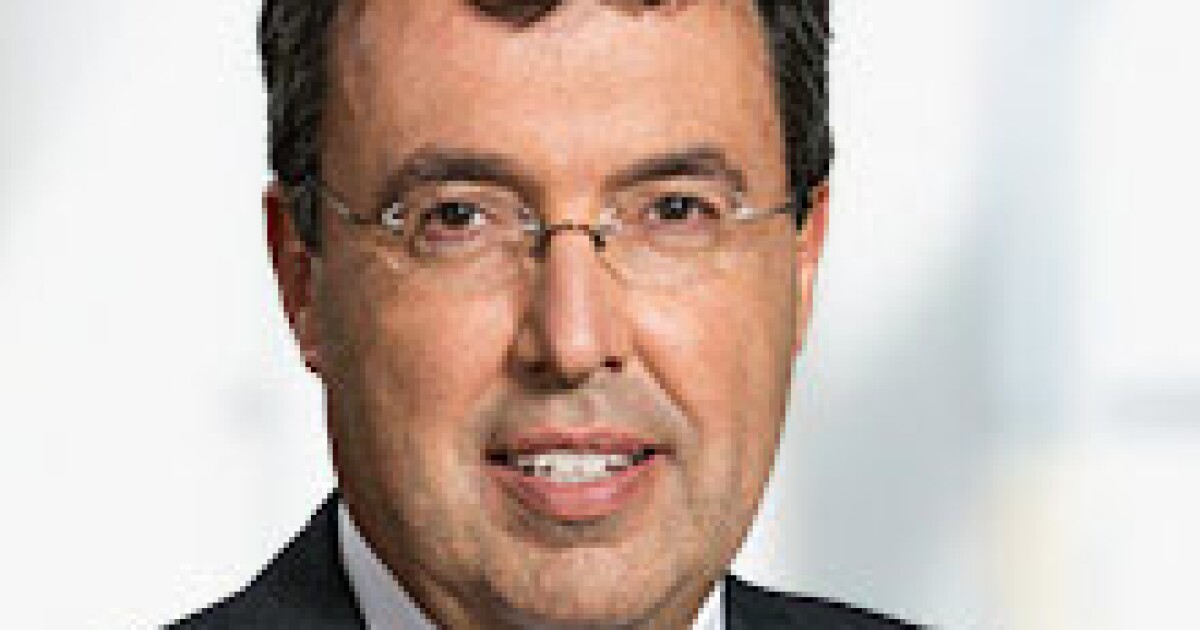Pardon us; no relief in sight; down on the farm; and other highlights of recent tax cases.
San Francisco: Winery co-owner Brian Fleury, 64, of Napa County, California, has pleaded guilty to aiding and assisting the preparation of a false return.
Fleury and his spouse owned the winery Metropolitan Wines and several vineyards in Napa Valley. For tax years 2014 through 2018, Fleury underreported Metropolitan’s income to his tax preparer. Fleury directed some customers to pay with checks directly to Fleury instead of to Metropolitan and wrote or told his employees to “off the books,” on some of these customers’ invoices. Fleury kept these payments for himself and did not report this as income.
Between 2014 and 2018, he underreported his and his spouse’s income by $822,450.
Fleury also admitted that from 2007 through 2019, he failed to pay federal excise tax that was due on brandy he received, possessed and sold, filing annual reports with the U.S. Department of the Treasury, Alcohol and Tobacco Tax and Trade Bureau that he knew were false.
In total, he caused a tax loss to the IRS and TTB of $211,092.
Washington, D.C.: President Trump has pardoned Paul Walczak of Palm Beach Gardens, Florida, two weeks after Walczak’s sentencing for tax crimes, according to news reports.
Walczak, who was convicted of evading more than $10.9 million in payroll taxes and sentenced to 18 months in prison and two years of supervised release, controlled a network of interconnected health care companies operating under various names, employing more than 600 people.
In 2011, Walczak did not pay two quarters of withheld taxes to the IRS. He evaded collection efforts and continued not paying over taxes from employees’ paychecks and keeping the money to fund what authorities called a lavish lifestyle, including the purchase of a yacht.
He caused a total federal tax loss of $10,912,334.80 and was also ordered to pay $4,381,265.76 in restitution.
Walczak is the son of Betsy Fago, a longtime Republican donor who recently attended a Trump fundraising dinner, news reports said. Walczak’s attorneys also reportedly maintained that his family sold an engagement ring, a car and a $12.5 million home to repay the tax loss.
Trump was slated to pardon reality show stars Julie and Todd Chrisley, who were found guilty in 2022 of conspiring to defraud community banks out of more than $30 million. A jury convicted them of conspiracy to commit bank fraud, wire fraud and conspiracy to commit tax evasion. Trump has also reportedly pardoned former Republican Rep. Michael Grimm of New York, who was convicted in November 2014 of tax fraud and related charges stemming from his ownership of a Manhattan restaurant.
Athens, Georgia: Tax preparer Jessica Crawford, 34, who previously admitted filing more than $3.5 million in fraudulent returns tied to a multistate pandemic benefit scheme, has been sentenced to eight years in prison.
FBI agents investigating a multistate unemployment benefit scheme that was conducted during the pandemic discovered texts between conspirators and Crawford, a preparer with Crawford Tax Services. Crawford filed for PUA benefits on behalf of those individuals who had created fake businesses or submitted false information to steal benefits. In return, she received a percentage of the gains.
In 2022, an undercover IRS agent met Crawford to have their taxes prepared, and Crawford asked if the agent did anything on the side. At first the agent said no; Crawford replied that expenses could be deducted. The agent said he sometimes mowed an aunt’s lawn but provided no income or expense amounts. Crawford created a Schedule C business for landscaping on the agent’s federal return and prepared a 1040 and a fictitious Schedule C loss of $19,373, as well as claimed an Earned Income Tax Credit, a Child Tax Credit and a qualified business income deduction. As a result, the agent’s return claimed a fraudulent federal income tax refund of $12,359.
The IRS reviewed 1,261 returns filed by Crawford in tax years 2020 and 2021 and determined that she fraudulently filed returns on behalf of clients, resulting in losses to the IRS exceeding $3 million from false 7202 credits for sick leave and family leave, tax credits and dependent care credits.
Marina Del Rey, California: Elana Cohen-Roth, 81, a retired IRS agent, has been sentenced to 12 years in prison after being convicted of 23 felony offenses related to defrauding an elderly victim of her life savings.
Cohen-Roth exploited a professional and personal relationship she’d had with an elderly area resident. A retired IRS agent and professional tax preparer, Cohen-Roth began preparing the then 66-year-old victim’s taxes in 2013. From their friendship, Cohen-Roth gained access to all the victim’s financial information. Cohen-Roth told the victim she would invest in some type of real estate to earn at least 10% at “no risk.”
From December 2013 through September 2019, Cohen-Roth extended “investment opportunities” to the victim on more than 20 occasions in amounts from $25,000 to $150,000. Each time, the victim took money from her legitimate investments and wired it to Cohen-Roth.
Bank records revealed that Cohen-Roth was running a Ponzi scheme where other investors also deposited large sums into her account. Cohen-Roth used some of the elderly victim’s money to pay off these earlier investors and used the rest to support her lavish lifestyle and make gifts to family members.
By September of 2019, the victim had depleted her investment accounts and took out a reverse mortgage to send additional money to Cohen-Roth. The scheme collapsed in 2020 when the victim demanded a return of some of her money so that she could move near her family. Cohen-Roth did not have another source to repay the victim, who did not receive any of her money back.
A jury convicted Cohen-Roth of all 23 felony financial fraud charges. Because of her age, she was sentenced to the middle term of 12 years in state prison rather than the maximum of 28 years.
Richmond, Virginia: Tax preparer Baltej Singh Brar, 42, of South Richmond Hill, New York, has been sentenced to two years in prison for making false statements on loan applications he submitted for clients through pandemic relief.
Brar owned and operated Aspire Tax & Accounting Services and in 2021 began filing loan applications on behalf of other individuals through the Paycheck Protection Program. He advertised that he would file loan applications in exchange for an upfront fee and 10% of the loan value after approval.
Brar instructed prospective applicants to provide him with their Social Security numbers, a copy of their driver’s license, email address, prior bank statements, their 2019 return and a voided check to be used as supporting documentation. Most of Brar’s clients were sole proprietors, including taxi drivers, truck drivers and construction workers. Where clients’ prior year incomes fell below the threshold to receive the maximum PPP loan of $20,833, Brar inflated the income amounts in the applications. Brar caused the Small Business Administration at least $550,000 in losses.
Greensburg, Pennsylvania: Accountant Jonathan A. Weston, a resident of Canonsburg, Pennsylvania, has been sentenced to 27 months in prison and ordered to pay more than $8 million in restitution after being convicted of fraud conspiracy, conspiracy to commit money laundering and filing false income tax returns.
From October 2005 to January 2019, Weston, an accountant for Hillandale Farms Co., schemed with another employee to embezzle some $6.8 million from the company and launder the money through businesses they both controlled to buy collectible cars, real estate and other items.
Between 2013 and 2018, Weston also either failed to file or filed false federal personal income tax returns, including filing a false return in which he underreported more than $500,000 stolen from Hillandale.
He was ordered to pay $6,870,128 in restitution to Hillandale Farms and $1,216,176 to the IRS. He was also ordered to forfeit assets from his crime, including a 2008 Aston Martin, a 1933 Ford Model 40 Coupe and a condominium.


 Accounting1 week ago
Accounting1 week ago
 Economics1 week ago
Economics1 week ago
 Personal Finance1 week ago
Personal Finance1 week ago
 Accounting1 week ago
Accounting1 week ago
 Finance6 days ago
Finance6 days ago
 Economics1 week ago
Economics1 week ago
 Economics1 week ago
Economics1 week ago
 Economics1 week ago
Economics1 week ago












